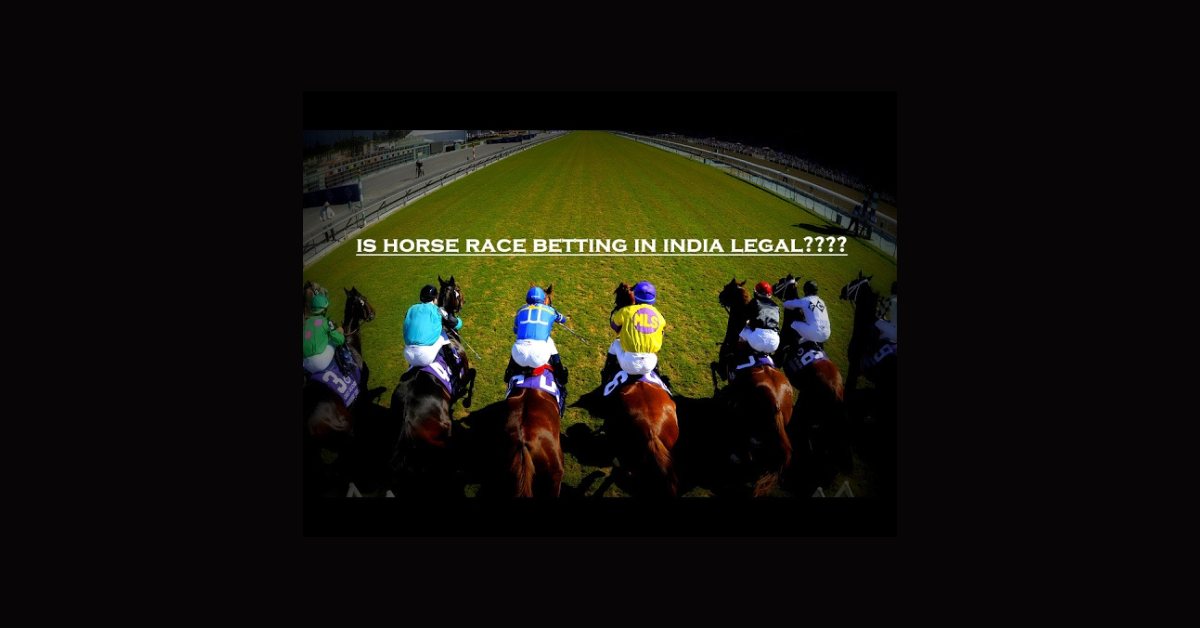Horse Betting Laws in India
Horse betting in India is regulated by various laws at both the federal and state levels. The Public Gambling Act of 1867 is the primary legislation governing gambling activities in India. This act prohibits any form of gambling in the country, with exceptions made for certain games of skill. However, horse racing is recognized as a game of skill and is therefore exempt from the provisions of the Act in most states.
Additionally, individual states have their own regulations and legislation pertaining to horse betting. States like Maharashtra and West Bengal have specific laws that govern horse racing and betting activities within their jurisdictions. Under these state laws, betting on horse races is allowed at licensed racecourses and off-course betting centers, subject to certain restrictions and conditions.
History of Horse Betting in India
Horse betting in India traces back to the British colonial era when it was introduced as a popular recreational activity among the elite class. The sport of horse racing gained momentum in the late 18th century, with the first official racecourse established in Madras (Chennai) in 1777. Over time, horse betting became not just a pastime but a prominent social event, attracting a mix of aristocrats, local rulers, and British officers.
The establishment of the Royal Calcutta Turf Club in 1847 marked a significant milestone in the history of horse betting in India, further solidifying its status as a prestigious sporting activity. Horse racing events such as the Indian Derby and the Indian Turf Invitation Cup became eagerly anticipated by enthusiasts and bettors alike. The evolution of horse betting from a colonial pastime to a popular form of entertainment in post-independence India reflects the enduring influence of British sporting traditions on the country’s cultural landscape.
Regulatory Bodies for Horse Betting in India
In India, the regulatory bodies overseeing horse betting activities play a crucial role in ensuring fair and transparent operations within the industry. These regulatory bodies are responsible for enforcing rules and regulations, monitoring betting practices, and safeguarding the interests of both bettors and stakeholders involved in horse racing events. By maintaining a strict oversight, these bodies help maintain the integrity of the sport and prevent any fraudulent activities from taking place.
The primary objective of these regulatory bodies is to uphold the standards of horse racing and betting in India while promoting a safe and accountable environment for all participants. Through regular inspections, audits, and supervision, these bodies strive to maintain a level playing field for all parties involved in horse betting activities. Additionally, by issuing licenses, setting guidelines, and imposing penalties for violations, these regulatory bodies ensure that the industry operates ethically and in compliance with the established laws and regulations.
Legal Status of Online Horse Betting in India
In India, the legal status of online horse betting remains a complex and evolving issue. While laws surrounding traditional horse betting are somewhat clear, online horse betting exists in a grey area. The Public Gambling Act of 1867 does not explicitly mention online betting activities, leaving room for interpretation and debate.
However, the Information Technology Act of 2000 governs the online space and could potentially be applied to online betting activities, including horse betting. It is important for individuals engaging in online horse betting to be aware of the legal implications and risks involved, as the consequences for participating in illegal online betting can be severe.
Penalties for Participating in Illegal Horse Betting in India
Participating in illegal horse betting in India can have severe consequences under the law. Those found guilty of engaging in such activities may face hefty fines and even imprisonment. The penalties for illegal horse betting are designed to deter individuals from participating in unlawful gambling practices and protect the integrity of the sport.
In addition to fines and imprisonment, individuals involved in illegal horse betting may also face other repercussions such as being banned from participating in any future betting activities or facing civil lawsuits. It is crucial for individuals to be aware of the legal consequences of engaging in illegal horse betting in India to avoid facing such penalties.















